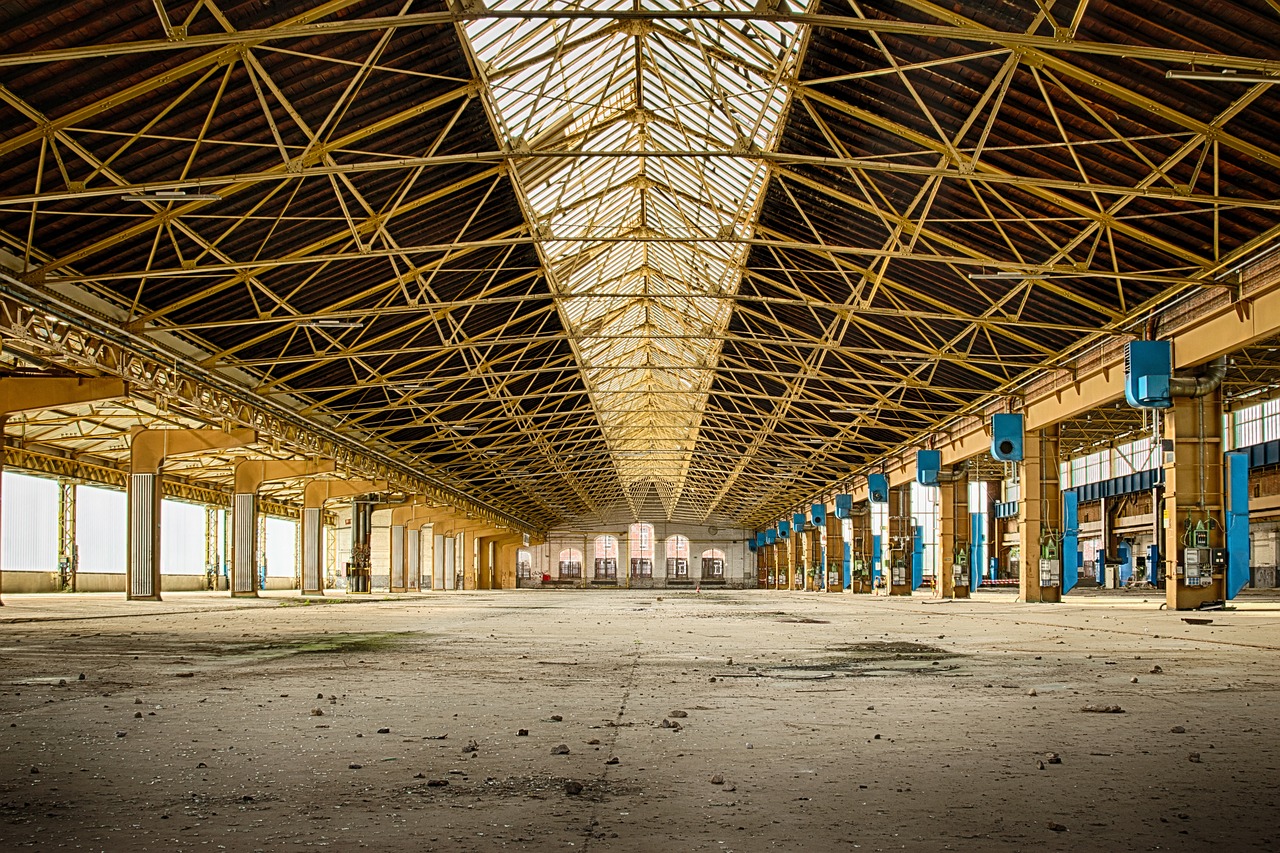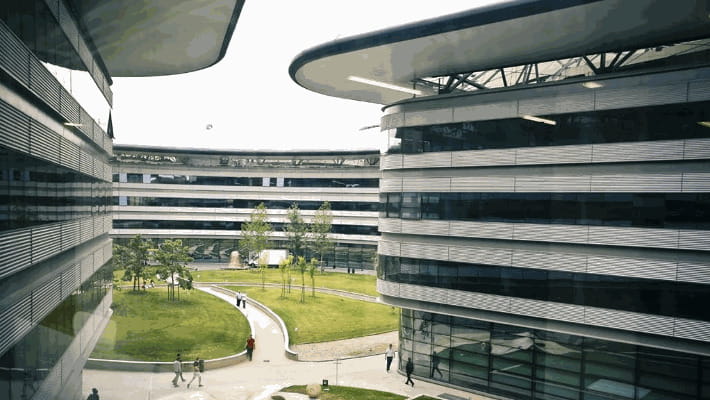In the realm of industrial infrastructure, the condition of the roof is paramount to the overall integrity of the facility. This pillar article serves as a comprehensive guide, delving into the considerations of industrial roof replacement. From recognizing the signs indicating the need for replacement to exploring the materials and associated benefits, this article aims to empower facility managers and business owners with informed decision-making.
Signs that Signal the Need for Industrial Roof Replacement
Recognizing the early indicators of a deteriorating roof is crucial. This section sheds light on the signs that signal the need for industrial roof replacement, from visible damage and leaks to compromised insulation. Identifying these signs early can prevent further damage and potential disruptions to business operations.
The Timing Dilemma: When is it Ideal for Industrial Roof Replacement?
Determining the opportune moment for industrial roof replacement is a strategic decision. Explore factors such as the roof’s age, the extent of damage, and the overall cost-effectiveness of repairs versus replacement. This section provides insights into making informed decisions that align with long-term facility maintenance goals.
Materials Matter: Options for Industrial Roof Replacement
When considering industrial roof replacement, the choice of materials is pivotal. This segment explores various roofing materials, including metal, single-ply membranes, and modified bitumen. Each material comes with its own set of advantages, durability factors, and suitability for specific industrial applications.
Metal Roofing: Durability and Sustainability
Metal roofing has gained prominence in the industrial sector. Uncover the benefits of metal roofing, from its exceptional durability to sustainability features. This section provides an in-depth look at why metal roofing is a popular choice for industrial applications.
Single-Ply Membranes: Versatility and Energy Efficiency
For those seeking versatility and energy efficiency, single-ply membranes offer a compelling solution. Learn about their advantages, including ease of installation, reflective properties, and suitability for flat or low-slope industrial roofs.
Modified Bitumen: Combining Strength with Flexibility
Explore the benefits of modified bitumen roofing, a material known for combining strength with flexibility. This section details its resilience against extreme weather conditions, making it a reliable choice for industrial facilities in diverse climates.
Advantages of Industrial Roof Replacement: Beyond Structural Integrity
Industrial roof replacement goes beyond ensuring structural integrity. This segment outlines the advantages of opting for replacement, including enhanced energy efficiency, improved insulation, and compliance with evolving building codes and environmental standards.
Return on Investment (ROI): Calculating the Long-Term Benefits
Investing in industrial roof replacement requires a thorough consideration of the return on investment (ROI). This part provides insights into how a well-executed replacement project can yield long-term financial benefits through reduced maintenance costs, energy savings, and increased property value.
Professional Installation: Ensuring Quality and Longevity
The success of an industrial roof replacement project hinges on professional installation. This section emphasizes the importance of engaging experienced roofing contractors, ensuring that the chosen materials are installed with precision and adherence to industry standards.
Sustainability in Roofing: Environmental Considerations
The modern industrial landscape places increasing emphasis on sustainability. Explore how sustainable roofing practices align with environmental considerations, including recycling options for old roofing materials and the use of eco-friendly roofing solutions.
Conclusion: Strategic Decision-Making for Industrial Roofing Success
In conclusion, industrial roof replacement is a strategic decision that requires a nuanced understanding of the signs indicating the need for replacement, the ideal timing, and the selection of appropriate materials. This pillar article stands as a guide, providing valuable insights for facility managers and business owners seeking to ensure the longevity and resilience of their industrial roofs while maximizing the benefits of modern roofing materials.




